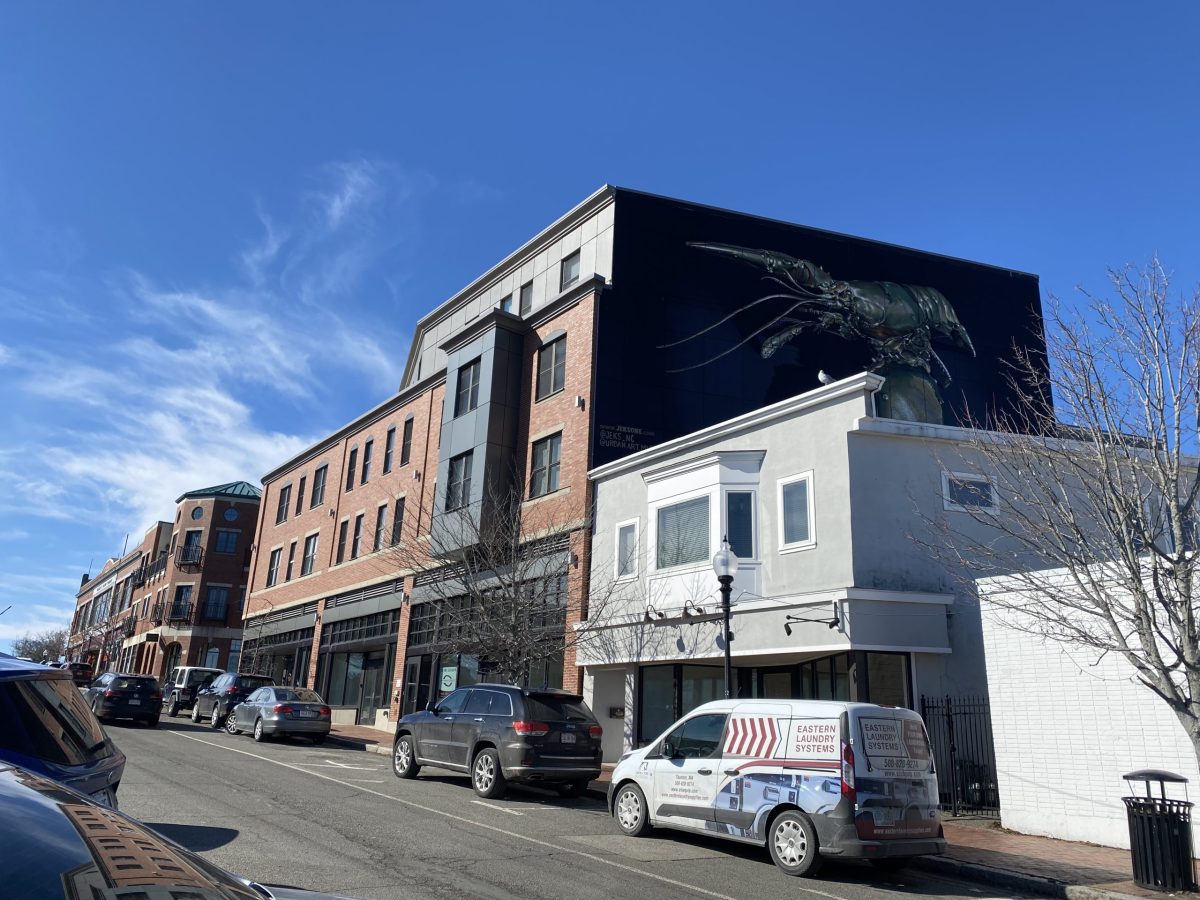From Energy News Network
Passive house incentive programs from the Massachusetts Clean Energy Center and Mass Save have sparked the growth of high-performance multifamily buildings, with thousands more units in development.
In the past year, families have moved into 257 affordable housing units in complexes built to the standard, and about 6,000 additional units are now in various stages of development.
Early numbers indicate that this building approach costs, on average, less than 3% more than conventional construction and can slash energy use roughly in half. Air quality is higher in these buildings and residents report the units being more comfortable to live in. Many developers who have tried passive house building have been so pleased with the benefits for residents that they are eager to pursue more projects built to the standard.
In 2018, the Massachusetts Clean Energy Center stepped in with a grant program aimed at easing these financial concerns. The Passive House Design Challenge awarded eight affordable housing developments $4,000 per unit — for a total of $1.73 million — for new construction built to the passive house standard. The selected projects range from 30 units in the oceanfront city of Gloucester to 135 units in the Boston neighborhood of Mattapan.
Then, in July 2019, Mass Save, the organization that administers the utilities’ legally mandated energy efficiency programs, launched its own passive house incentives. Available to both affordable and market-rate developments, the incentives offer payments for each stage of building: Up to $5,000 is available for feasibility studies and up to $20,000 for pre-construction energy modeling. Additional money is paid out upon certification.
These incentives have been vital in sparking the growth of high-performance multifamily building, said Dave Traggorth, principal at real estate advisory firm Traggorth Companies, which is currently developing two passive house projects with a total of 57 units.
READ MORE at Energy News Network
